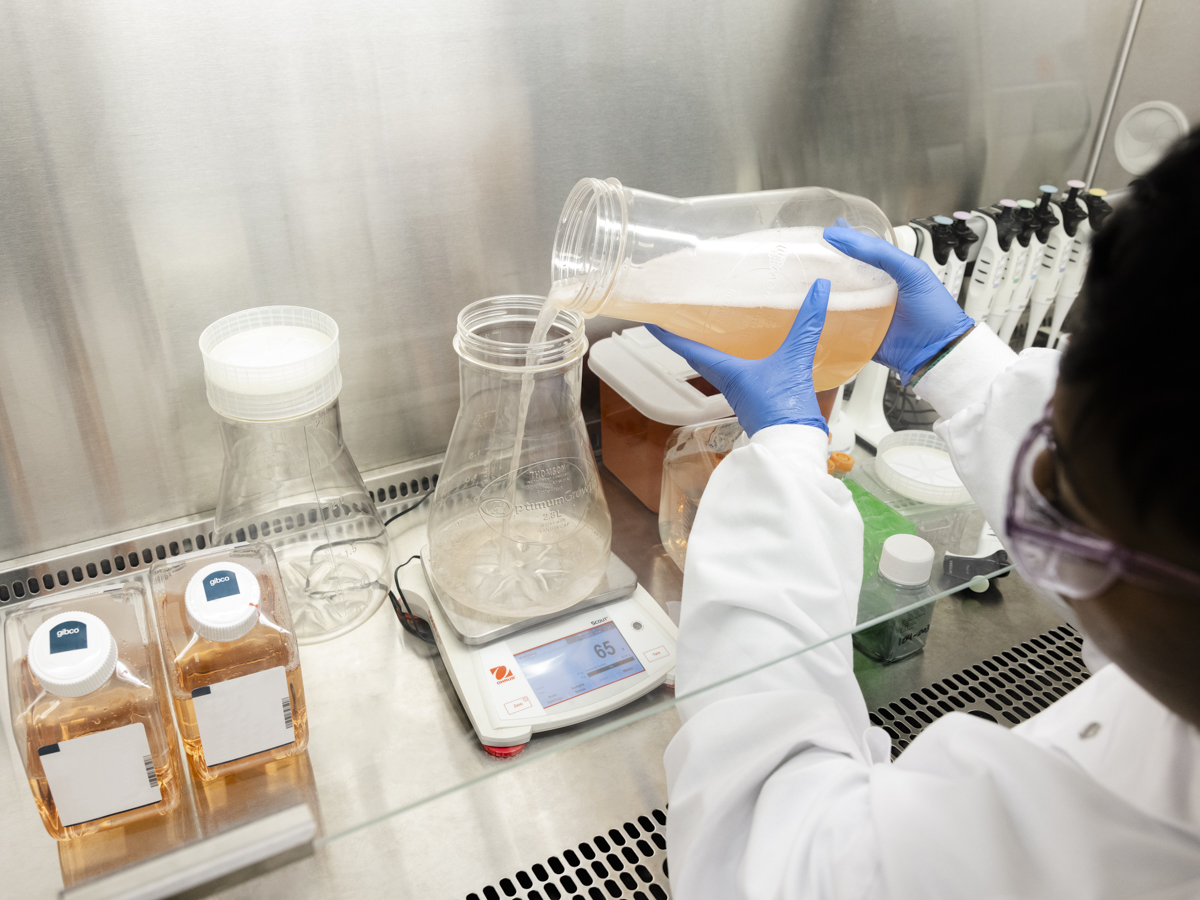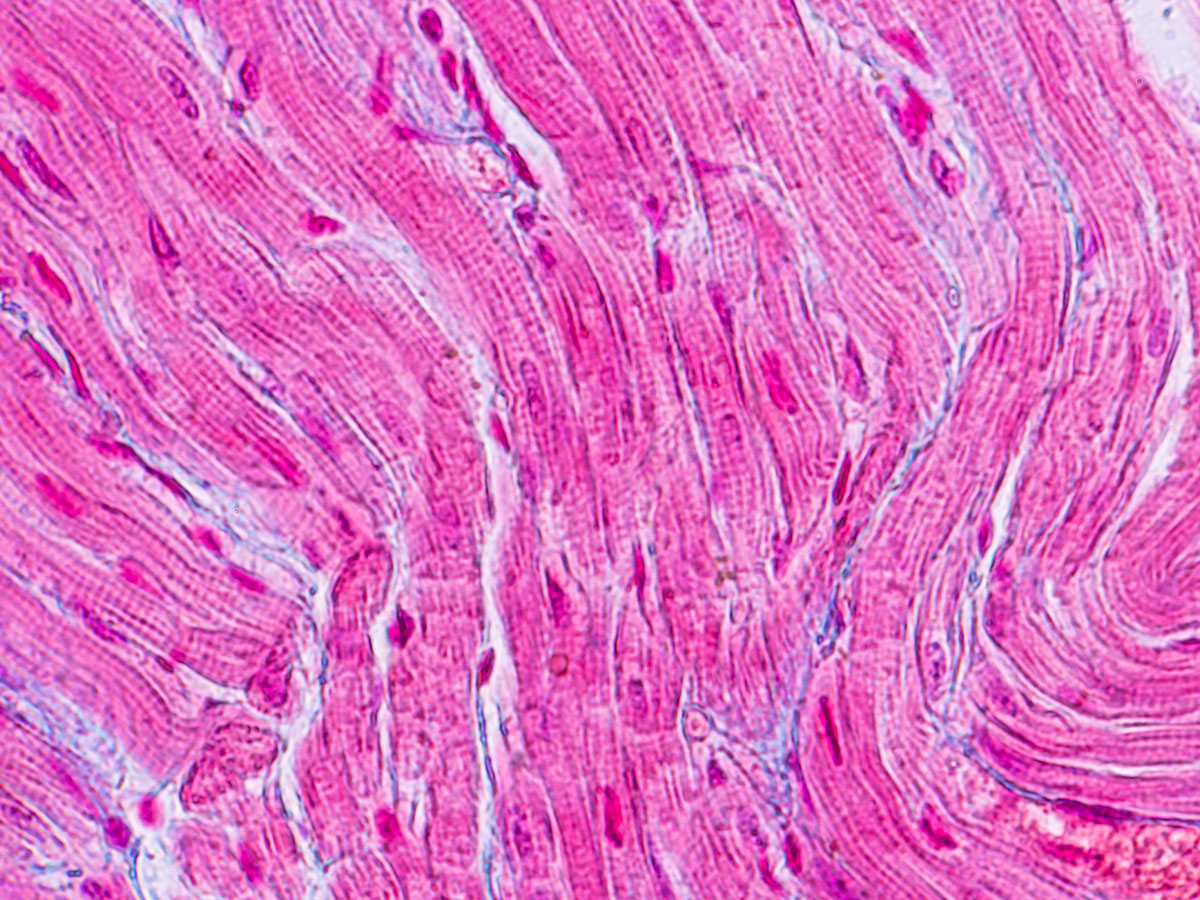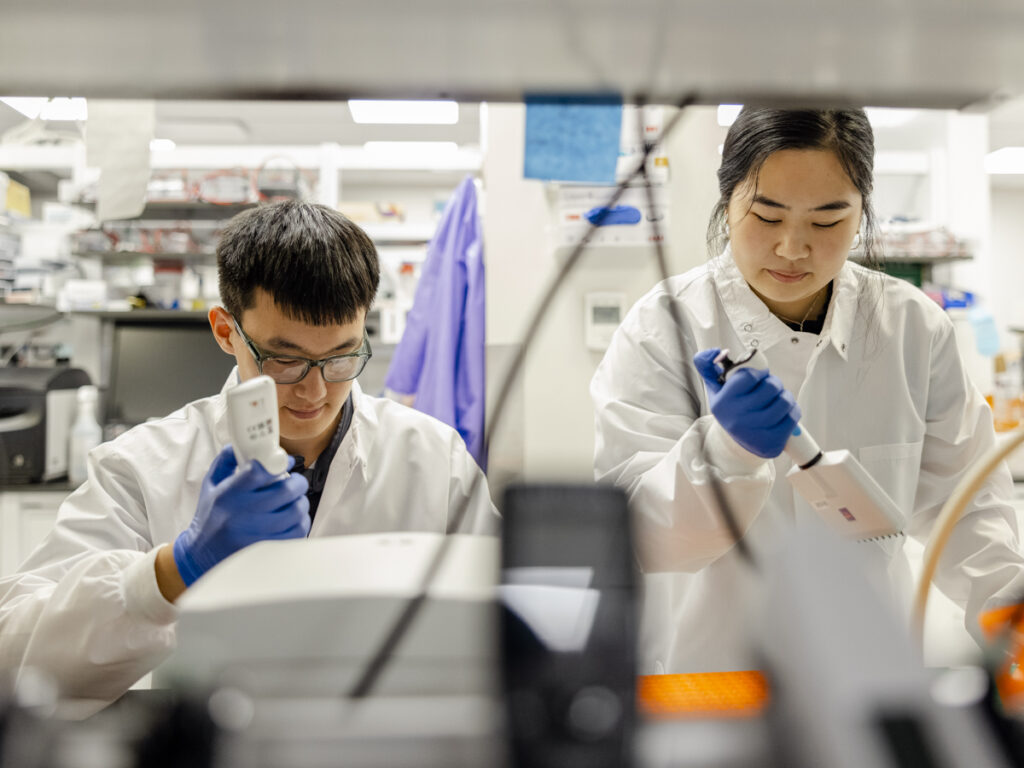Purposeful science – Lasting patient impact
We are building a pipeline of rationally designed gene therapy product candidates, pioneering a shift to treat not only rare but also prevalent diseases.
Our initial focus is on diseases of the heart, where we foresee a transformational change in the treatment paradigm similar to what has happened in the treatment of cancers. This is because advances in science are identifying new genes associated with diseases of the heart, making a compelling case for genetic medicines. The heart represents an organ where targeted delivery of the therapeutic genetic payload is currently inadequate. Our ART platform provides us with an advantage to address these limitations and develop potentially first-in-class or best-in-class product candidates that may be safer and more effective.


Genetic medicines for the heart
Research efforts in other heart diseases
We are testing a number of additional product candidates in preclinical studies to evaluate safety and effectiveness in other devastating diseases affecting the heart.
We’ve presented our findings at a scientific conference. To see this breakthrough science, please click here.
